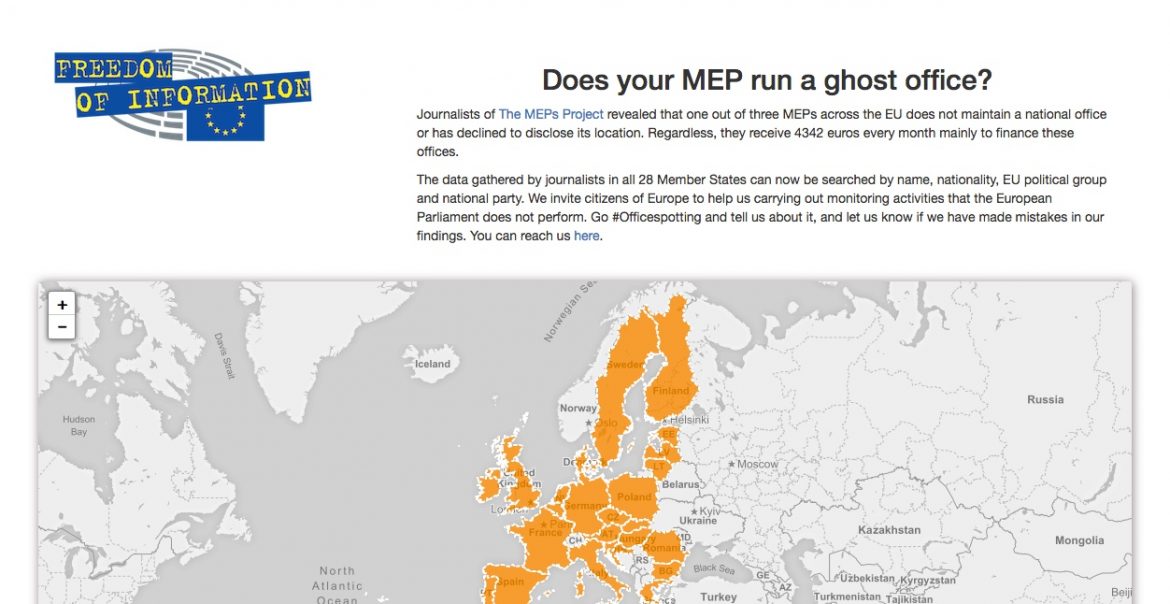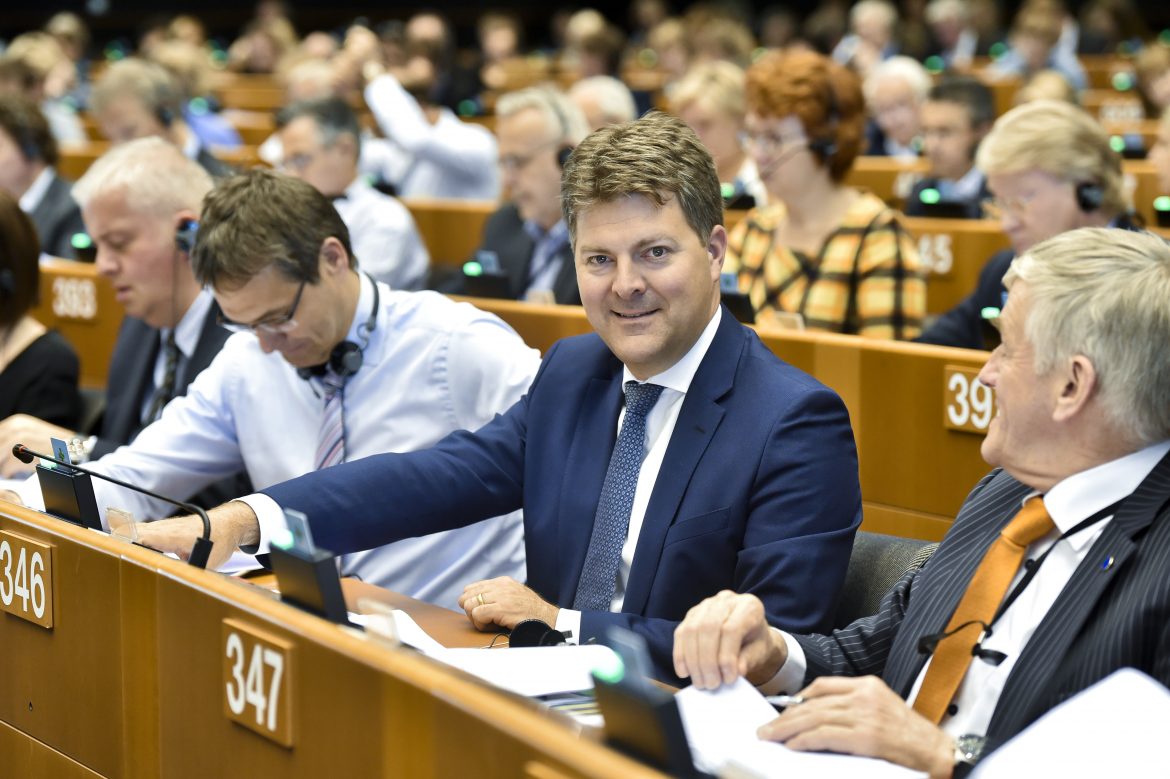Investigations
Exposed mothers gave birth to mentally retarded children
|
Pesticide application to a field of cereals in Tauste, Spanish province of Saragosse. (Photo: Marcos García Rey)
Children in California’s main agricultural region Central Valley were compared to their mothers’ exposure to chlorpyrifos and other pesticides. 2961 of the children had a diagnosis of autism spectrum disorder (ASD) including autism and Asperger syndrome, 445 of them had known intellectual disabilities and were recorded as mentally retarded. Ten times as many children without such diagnosis were also included in the study. The mothers’ exposure to chlorpyrifos and other pesticides was assessed.




